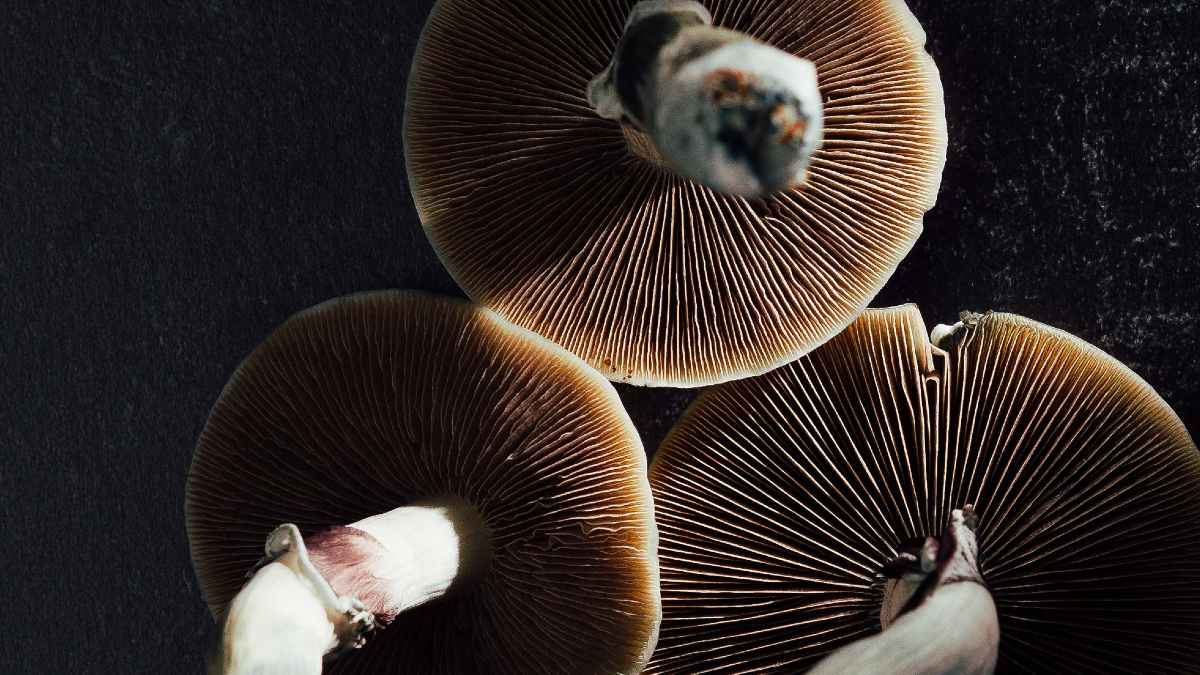The potential benefits of magic mushrooms, also known scientifically as psilocybin mushrooms, have been investigated. However, it’s important to remember that there are risks associated with using them, and the legal status of these mushrooms varies depending on the area. The following possible advantages have been investigated in studies:
8 Benefits of magic mushrooms
- Psychotherapeutic Potential: The active ingredient in magic mushrooms, psilocybin, has demonstrated potential in the treatment of a number of mental health issues, such as anxiety, depression, and PTSD. Some of these mushrooms include Psilocybe Cubensis, Psilocybe Cyanescens, Psilocybe Azurescens and Psilocybe Baeocystis. According to studies, psilocybin may aid people in developing fresh viewpoints and ideas, which could enhance their mental health.
- Enhanced Creativity: After using magic mushrooms, some users claim to have improved their ability to solve problems and become more creative. This is believed to be connected to psilocybin-induced changes in cognitive patterns and improved brain connections.
- Spiritual Experiences: A lot of people who use magic mushrooms report having mystical and meaningful experiences. A deeper respect for life, a sense of interconnectedness, and spiritual insight could result from these encounters.
- Enhanced Mood and Emotional Welfare: Research has linked psilocybin to elevated mood and heightened emotional receptiveness. During and after the encounter, several individuals report feeling happy, in love, and generally well.
- Decreased Fear of Death: According to research, psilocybin use may help those with life-threatening illnesses feel less afraid of dying. For patients with terminal illnesses, this may mean a better quality of life and a more optimistic outlook.
- Psilocybin may facilitate neuroplasticity, which is the brain’s capacity to rearrange and create new neural connections. Learning, memory, and cognitive flexibility may be affected by this.
- Relief from Cluster Headaches: According to some research, an important benefits of magic mushrooms is to help people with cluster headaches. This is a severe and incapacitating type of headache.
- Treatment for Addiction: According to preliminary study, one among other benefits of magic mushrooms is in treating addiction. This especially to substances like alcohol and tobacco. It is believed to function by upsetting unhelpful thought and behavior patterns.
Conclusion
It’s important to underline that using magic mushrooms should be done so cautiously. This is because different people react differently and there may be negative side effects. These includes psychological anguish and hallucinogen persistent perception disorder (HPPD). Furthermore, the legal status of magic mushrooms differs around the world. Therefore using them should abide by local laws and ordinances. Make sure you always speak with a healthcare provider, especially if you have any underlying mental health issues.
Visit Trippy Market for more psychedelics which you may like to try today.

